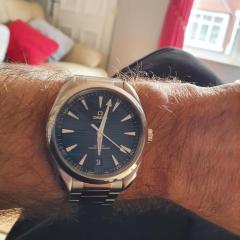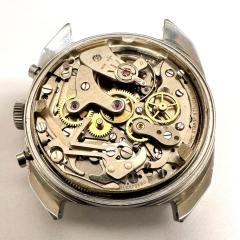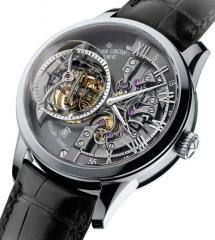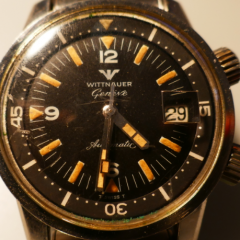Clock Oiling
-
Recently Browsing
- No registered users viewing this page.
-
Topics
-
Posts
-
By coreymsnow · Posted
Hah! Well, California will have to do. Lived in TX for a brief period back in the early 70s, though, so maybe that counts. 🙂 Funny you should mention making vacuum tubes- I've actually tinkered with that! It's REALLY tough to do, and I've never made one more complicated than a simple diode that barely worked, but I have played around at it. But there's just no infrastructure for vacuum tube fabrication. I can get a lathe and learn how to use it to make complex parts, and while it might take a while to learn- and money to get the equipment, of course- it is possible to do more or less "off the shelf". But vacuum tubes, not so much. There are a few folks out there doing some crazy cool work with bespoke tubes, but they have setups that are far beyond what I can manage in my environment and it's mostly stuff they built by hand. I also have been playing with making piezoelectric Rochelle Salt crystals to replace ancient vacuum tube turntable needles- nobody's made those commercially for probably 60 years. I'm a sucker for learning how to do weird things no one does any more so I can make things no one uses work again. (I think this is drifting off the topic of lathes, lol). -
By LittleWatchShop · Posted
You shoulda been born in Texas. Tough to make a vacuum tube though. You can substitute with a MOSFET eq ckt I guess. I was playing around making a pinion the other day. More to it than meets the eye. -
Well, turns out it was a fake bezel! The crystal is domed mineral glass and I was able to find a cheap replacement that should be here in two days. I used my crappy little press to pop out the cracked crystal, Ill give the case a good cleaning in the meantime and do a once over on the movement.








Recommended Posts
Join the conversation
You can post now and register later. If you have an account, sign in now to post with your account.
Note: Your post will require moderator approval before it will be visible.